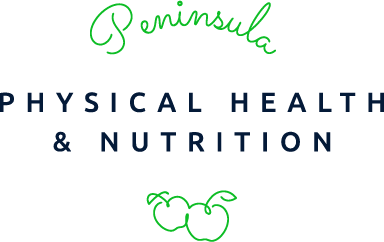Eating Disorders
What is an eating disorder?
Eating disorders describe a range of problems associated with food and body image. Unfortunately, in our society it is common for individuals to feel unhappy about their bodies and to be dieting or worrying about food. An eating disorder can result when these problems are extreme or interfere with an individual’s normal activities and quality of life. These concerns are considered to be psychological disorders.
Eating disorders, if left untreated, can become a real psychological, medical and nutritional concern. Disordered eating behaviours can result in unhealthful eating styles, which lack essential nutrients for health, growth and development. This is particularly concerning in younger children and adolescents. Further, eating disorders can cause severe heart abnormalities, malnutrition, dangerously low body weight and even death.


Anorexia Nervosa is an eating disorder characterised by severe food restriction, inappropriate eating habits or rituals, an irrational fear of weight gain, obsession with being thin as well as a distorted perception of one’s self. Anorexia Nervosa is more common in females than males and usually appears initially in adolescence.

Binge Eating Disorder (BED) is a mental illness characterised by binge eating large amounts of foods in a short period of time. It can go unrecognised for a long time as most individuals have a body weight close to the healthy range or that fluctuates greatly.
After a binge, you may try to diet or eat normal meals, leading to more bingeing episodes, creating a vicious cycle. Individuals with BED often have a distorted perception of ‘normal’.
Binges can be followed by emotional and behavioural compensations such as:
- Vomiting of food.
- Misuse of diet pills, laxatives, and drug use e.g. methamphetamines, insulin (diabetics).
- Preoccupation with body weight or shape and body image.
- May commonly occur in those with a prior history of Anorexia Nervosa.
Some common presentations may include:
- Depression and anxiety.
- Eating unusually large amounts of food, even when you’re not hungry.
- Eating rapidly during binge episodes and until you’re uncomfortably full.
- Frequently eating alone.
- Feeling depressed, disgusted, ashamed, guilty or upset about your eating.
- Feeling isolated and having difficulty talking about your feelings.
- Frequently dieting, possibly without weight loss.
- Losing and gaining weight repeatedly, or ‘yo-yo’ dieting.

Bulimia Nervosa is an eating disorder as well as a severe mental illness. It can go unrecognised for a long time as most individuals have a body weight close to the healthy range. It is characterised by binge eating of large amounts of foods in a short period of time, followed by compensation such as:
- Vomiting.
- Fasting.
- Excessive exercise.
- Inappropriate use of medications to control weight.
How can PPN dietitian help with eating disorders?
Our trained dietitians prefer to work as part of the wider medical and psychology team to assist the individualised nutritional and behavioral management of these disorders as well as:
- Formulate appropriate therapeutic meal plans (based on age and growth requirements) that meet wider treatment goals
- Monitor the nutritional status as well as body compositions of our clients (bioelectrical impedance, blood pathology testing and interpretation)
- Assist in the correction of nutrition imbalances associated with food restriction and/or consumption of imbalanced food choices (vitamin and mineral supplementation and/or appropriate food sources are used to correct nutritional deficiencies)
- Assist in reducing fear associated with food consumption and gaining weight as well as work towards restoring a healthy relationship with food.
- Work to combine aspects of Cognitive Behavioural Therapy (CBT) and other effective diet therapies, such as Family-based Therapy (FBT).




